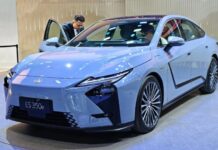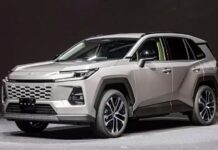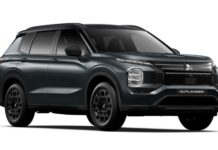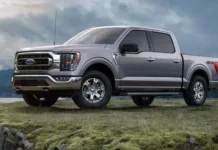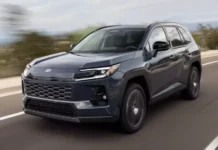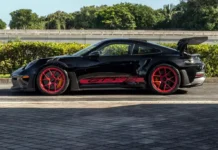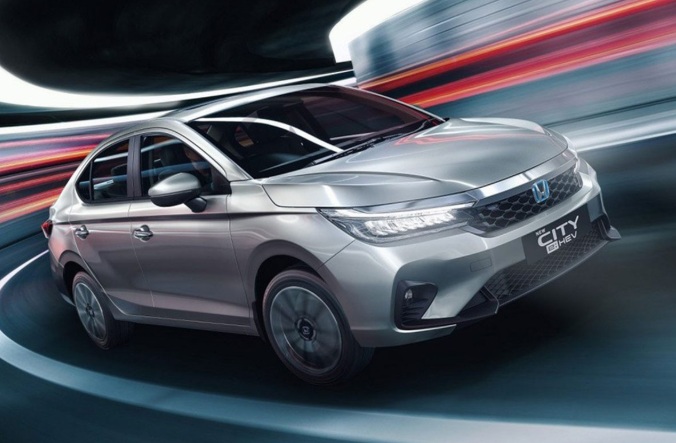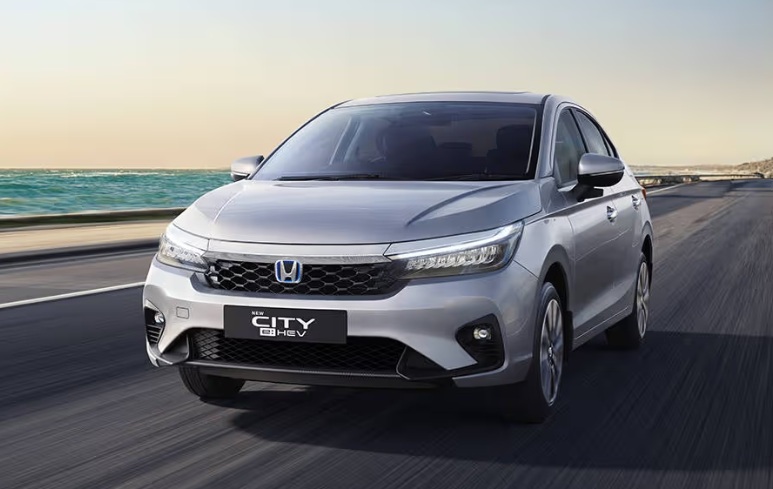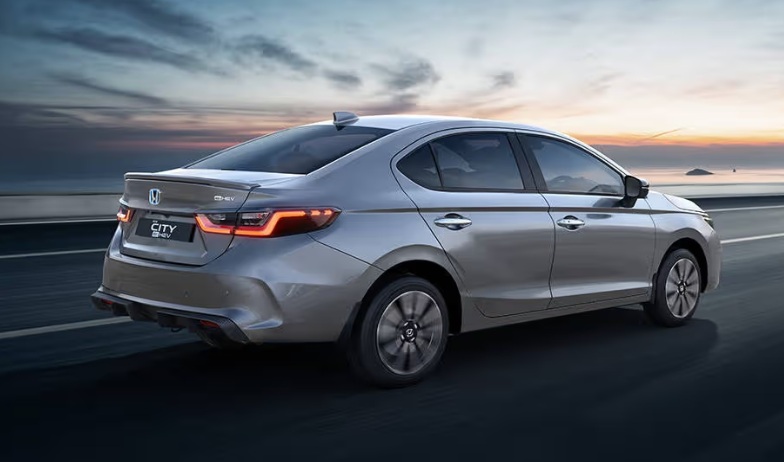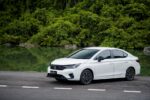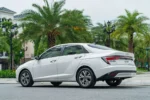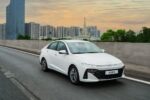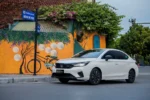While the Honda City maintains stable monthly sales in Vietnam, its performance in India tells a different story.
The Honda City, particularly the e:HEV hybrid version, is struggling to appeal to Indian consumers despite its advanced fuel-efficient technology. This contrast is intriguing, given the model’s consistent popularity in Vietnam.
When the Honda City e:HEV was first introduced to the Indian market in 2022, it was positioned as a premium sedan with almost full features. However, it fell short of expectations. The high price compared to the average income made the hybrid model less attractive to potential buyers.
Initially, the car was only available in the top-spec ZX variant, priced at approximately 20.39 lakh (roughly 620 million VND). In response to the market’s lukewarm reaction, Honda quickly added a more affordable version, the V e:HEV, in 2023, priced at 18.89 lakh (around 574 million VND). Unfortunately, this effort was short-lived as the V variant was quietly discontinued, leaving only the ZX variant with a current price tag of 20.85 lakh (633.5 million VND).
With the B-segment sedan market in India showing signs of stagnation and consumers increasingly favoring SUVs, Honda City’s position becomes precarious. According to figures from April 2025, only 406 units of the model were sold across India, a concerning figure for a country with a population of nearly 1.5 billion.
To rectify this situation, Honda India is planning to expand the City hybrid range by developing more affordable variants. Observers speculate that the V variant might be reintroduced at a similar price point to take advantage of government incentives.
Specifically, in April 2025, the National Capital Territory of Delhi’s government announced the draft Electric Vehicle Policy 2.0, which proposed special incentives for hybrids priced below 20 lakh (around 608 million VND). This policy is expected to provide a significant boost to automakers, including Honda, who currently lack hybrid models within the incentivized price range.
By simplifying the equipment while retaining the e:HEV powertrain, Honda aims to create a more affordable product that appeals to a broader customer base. If positioned correctly, the affordable City hybrid could inject new life into the sedan segment, which has been a Honda mainstay in India for over a decade.
In Vietnam, the Honda City currently lacks a hybrid option. The lineup consists of gasoline-powered 1.5L i-VTEC engine variants. However, given Honda’s global strategy, it is inevitable that the e:HEV technology will expand to more affordable segments.
In fact, popular Honda models in Vietnam, such as the CR-V, Civic, and HR-V, already offer hybrid versions, indicating the brand’s gradual introduction of this technology to the market. Therefore, it is highly likely that the City will receive a comprehensive upgrade in its next product cycle, potentially including the e:HEV variant.
With Vietnam considering environmental protection, fuel economy, and special consumption tax based on emissions, the introduction of B-segment hybrids like the Honda City e:HEV could set a new trend. This is especially true as consumers become increasingly conscious of long-term value and running costs.
The Ultimate Guide to B-Segment Sedans: Unlocking the Best Deals in Vietnam’s Automotive Industry
The Vietnamese automotive market is witnessing a wave of aggressive incentives across segments, with the B-segment sedan taking center stage. In a collaborative effort, automakers and dealerships are simultaneously clearing out inventory to stimulate consumer demand. This strategic move signifies a pivotal moment for the industry, as the focus on the B-segment sedan takes the spotlight.

